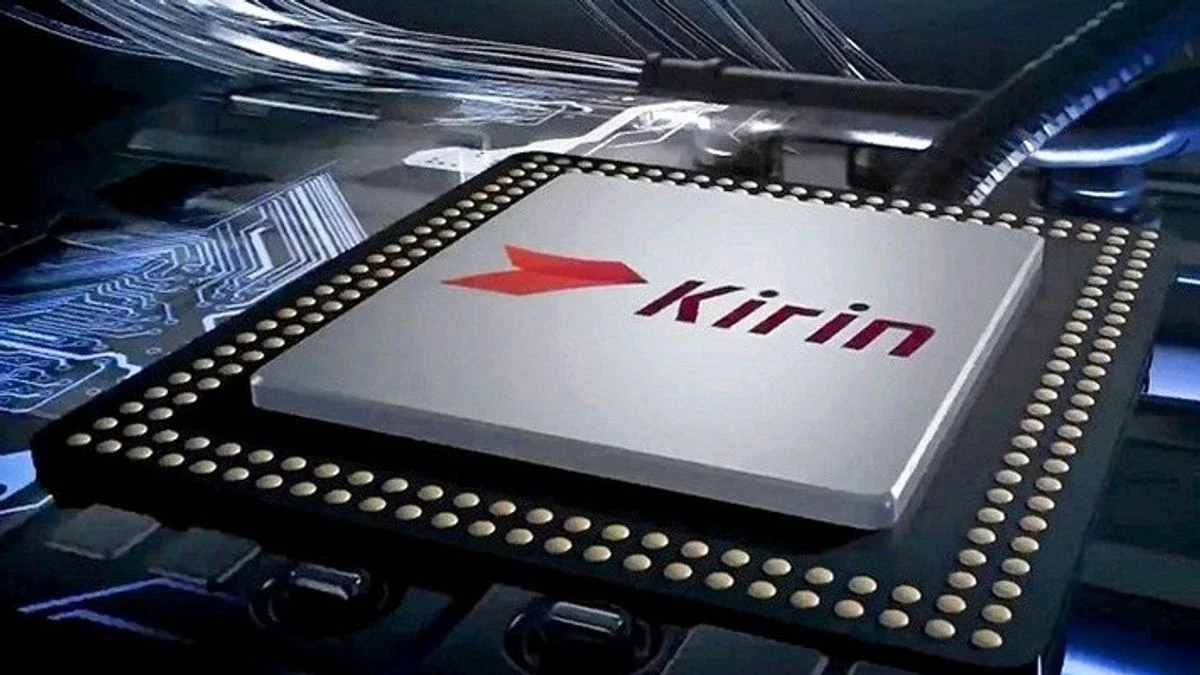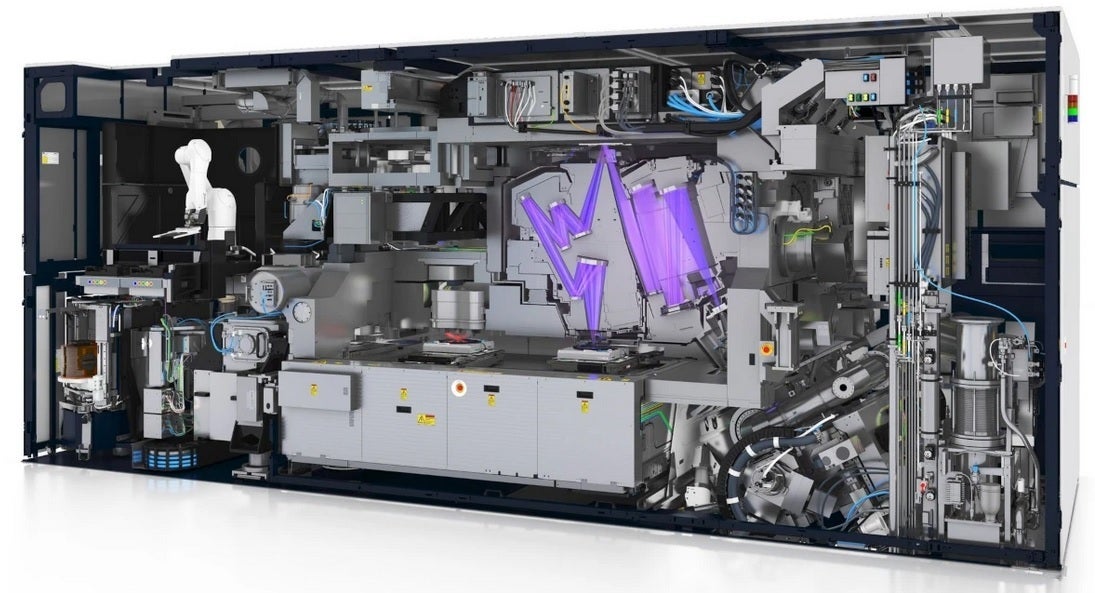U.S. government wants to know how Huawei, SMIC produced a 7nm 5G chipset in face of ban

Last week Huawei had a stunning announcement. It introduced the new Mate 60 Pro flagship that was powered by a Kirin 9000s 5G chipset built by China's largest foundry, SMIC, using its 7nm process node. This shocked many U.S. government officials because of U.S. export rules that prevent Huawei, without a special license, from obtaining cutting-edge chips from any foundry that uses American-built parts to produce these components.
Producing a 7nm smartphone chip without an EUV machine is not impossible, but is time-consuming and difficult
Furthermore, to produce 7nm chips, a foundry usually employs an extreme ultraviolet lithography (EUV) machine to etch the circuitry patterns on a silicon wafer. Only one company in the world, Dutch firm ASML, makes this machine and it has backed up U.S. demands not to ship any EUV machines to China.

ASML's EUV lithography machine is not allowed to be shipped to China
Huawei had received a special license allowing it to buy Qualcomm's Snapdragon chips that were tweaked not to work with 5G signals and these chipsets powered last year's Mate 50 line and this year's P60 series. But for the first time in three years, the Mate 60 Pro carries a homegrown Kirin chip that supports 5G. According to the South China Morning Post (SCMP), U.S. National Security Adviser Jake Sullivan says that the U.S. government wants to know the exact composition of the new Kirin chip.
A teardown of the phone by Bloomberg confirmed that the chip was indeed produced by SMIC using an advanced 7nm node. So while it is a few generations behind the 3nm A17 Bionic chipset that will be found in the iPhone 15 Pro and iPhone 15 Pro Max, the production of the chip still has U.S. government officials wondering how Huawei was able to pull it off. NSA's Sullivan said, "I’m going to withhold comment on the particular chip in question until we get more information about precisely its character and composition.
Sullivan added, "What it tells us, regardless, is that the United States should continue on its course of a 'small yard, high fence' set of technology restrictions focused narrowly on national security concerns, not on the broader question of commercial decoupling."
As we said, the Kirin 9000s is a few generations behind the 3nm A17 Bionic. Even so, there are some analysts who believe that the release of the Mate 60 Pro could harm iPhone sales in China. Edison Lee, an analyst with securities house Jefferies, says that the Mate 60 Pro could reduce iPhone sales in one of Apple's biggest markets by as much as 38%. Apple is set to introduce the new iPhone 15 series next Tuesday.
Analyst says that the Mate 60 Pro could reduce iPhone sales in China by as much as 38%
Some experts are saying that the U.S. needs to look at the chip for signs that Huawei, SMIC, and the Chinese government simply ignored certain aspects of the U.S. restrictions in order to get the chip made. These experts say that efforts by the U.S. and allies to block China from obtaining cutting-edge technologies will fall apart if a breach of these restrictions is discovered and not dealt with.
Lin Tsung-nan, an electrical engineering professor at National Taiwan University, says, "Huawei is testing the U.S. red line now. If the U.S. doesn’t take any action, Huawei will think there’s nothing to be afraid of, and its other suppliers will start to emulate what SMIC does and U.S. sanctions will crumble."
"It’s become very clear that the semiconductor industry is very strategic to every nation in the world. Given the geopolitical tensions, each country is doing its best to stabilize and enhance their own operation," said Ajit Manocha, chief executive officer of industry group SEMI. "So I’m not surprised that China has actually been working on this for years."
Follow us on Google News













Things that are NOT allowed:
To help keep our community safe and free from spam, we apply temporary limits to newly created accounts: